China's potential accession to the Comprehensive and Progressive Agreement for Trans-Pacific Partnership would bring tangible economic benefits to participating countries and further bolster economic integration of the Asia-Pacific region, said experts and business leaders.
They made the remarks after Wang Shouwen, vice-minister of commerce, said China has both the willingness and capability to join the CPTPP and called on member countries to support its accession. This would result in a tripling of the consumer base and a 1.5-fold expansion of the total GDP of pact members.
Speaking at a news conference in Beijing on Sunday, Wang emphasized that China's accession to the CPTPP would be in the best interests of the country, all CPTPP members, and the economic recovery of the Asia-Pacific region and the world as a whole.
As a member of the Regional Comprehensive Economic Partnership agreement, China's potential accession to the CPTPP could further enhance economic integration and cooperation among member countries, and contribute to the recovery of the global economy, said Wang Huiyao, president of the Beijing-based think tank Center for China and Globalization.
The rising trade value between China and other RCEP countries in the first quarter is a solid example supporting this view, with bilateral trade growing 7.3 percent year-on-year to 3.08 trillion yuan ($446.33 billion), accounting for 31.2 percent of China's total foreign trade, said the General Administration of Customs.
Zhou Mi, a senior researcher at the Chinese Academy of International Trade and Economic Cooperation in Beijing, said that at present, with the emergence of new forms of digital economy and the expansion of the modern services sector, China needs to proactively compare international rules, regulations, management and standards in many emerging fields, and establish a regulatory mechanism to showcase its willingness for institutional opening-up to the world.
The CPTPP is a free trade agreement involving 11 countries, which came into effect in December 2018.Its member nations are Australia, Brunei, Canada, Chile, Japan, Malaysia, Mexico, New Zealand, Peru, Singapore and Vietnam.
Aligning with its commitment to global trade liberalization, China filed an application to join the CPTPP in 2021. Compared with other FTAs signed by China, the CPTPP covers a wider range of areas, including regulations that address labor and environmental concerns.
"If the CPTPP is implemented in China, it will not only effectively promote the country's market-oriented reforms, but also accelerate reform of its State-owned enterprises and widen market access in certain industries for foreign investors," said Tu Xinquan, dean of the China Institute for WTO Studies at the University of International Business and Economics in Beijing.
Echoing that sentiment, Johnny Chou, chairman and CEO of Best Inc, a Hangzhou, Zhejiang province-based integrated supply chain and logistics solutions provider, said that China's CPTPP entry would support the growth of "interregional trade, cross-border e-commerce and related industries", and create a more stable and open investment environment for global companies investing in the Asia-Pacific region.
The company began to see new opportunities from the fast growth of cross-border e-commerce between China and other economies in the Asia-Pacific region a few years ago. It has established service branches in countries and regions such as Japan, Australia and Southeast Asia, and built a logistics network in five countries including Vietnam and Malaysia, which are CPTPP member economies.
In addition to studying the terms, costs and benefits of joining the CPTPP, China has already carried out pilot projects and experiments in some pilot FTAs and the Hainan free trade port in accordance with CPTPP rules, standards and management obligations, said the Ministry of Commerce.
To further push for wider openness, the National Development and Reform Commission announced last week that China will consider appropriately shortening the list that outlines the sectors off-limits to foreign investors and push forward high-level opening-up to attract foreign investment.










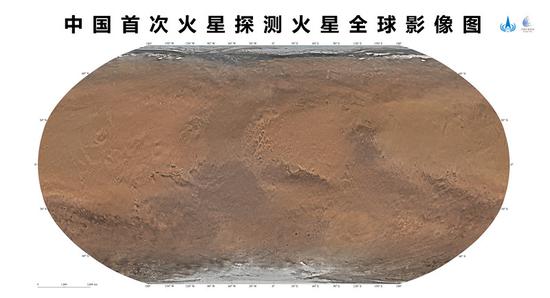



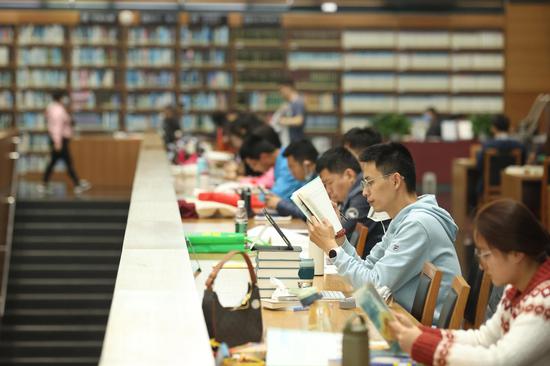


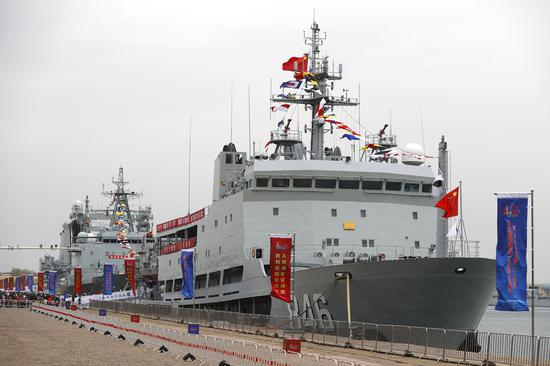
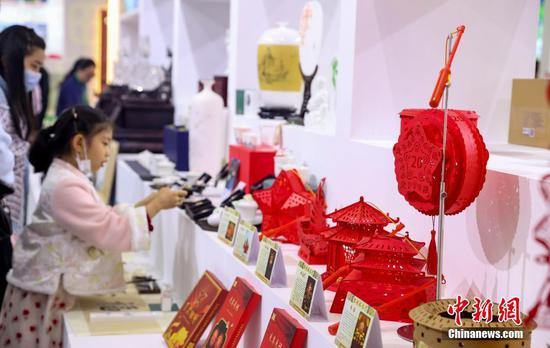






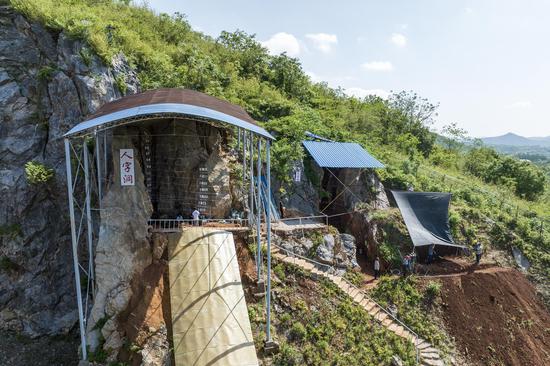



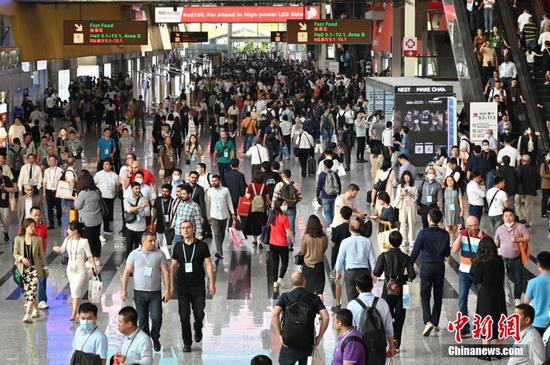
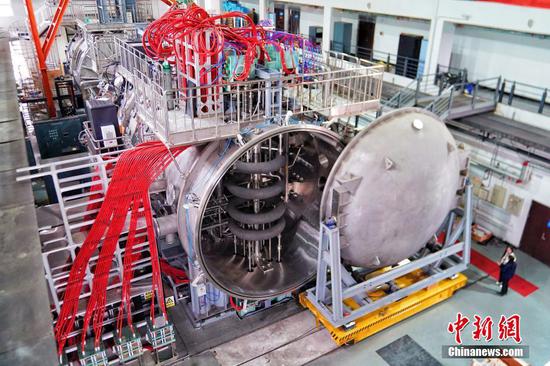






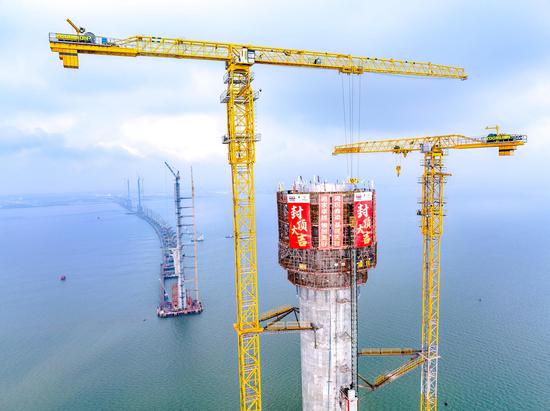


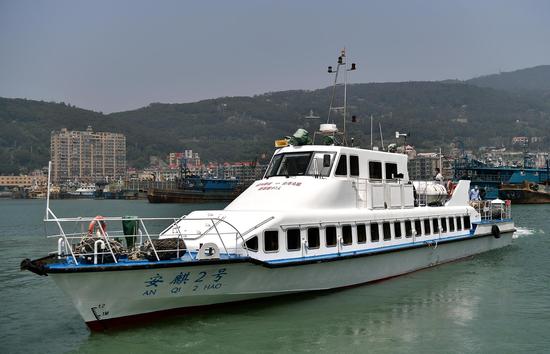



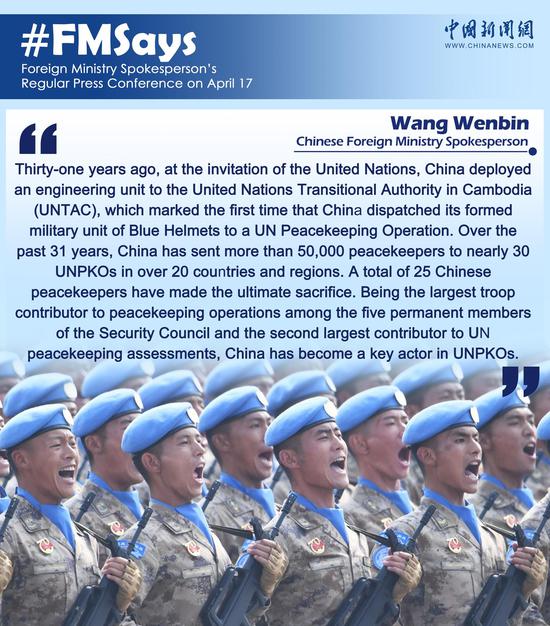





 京公網安備 11010202009201號
京公網安備 11010202009201號